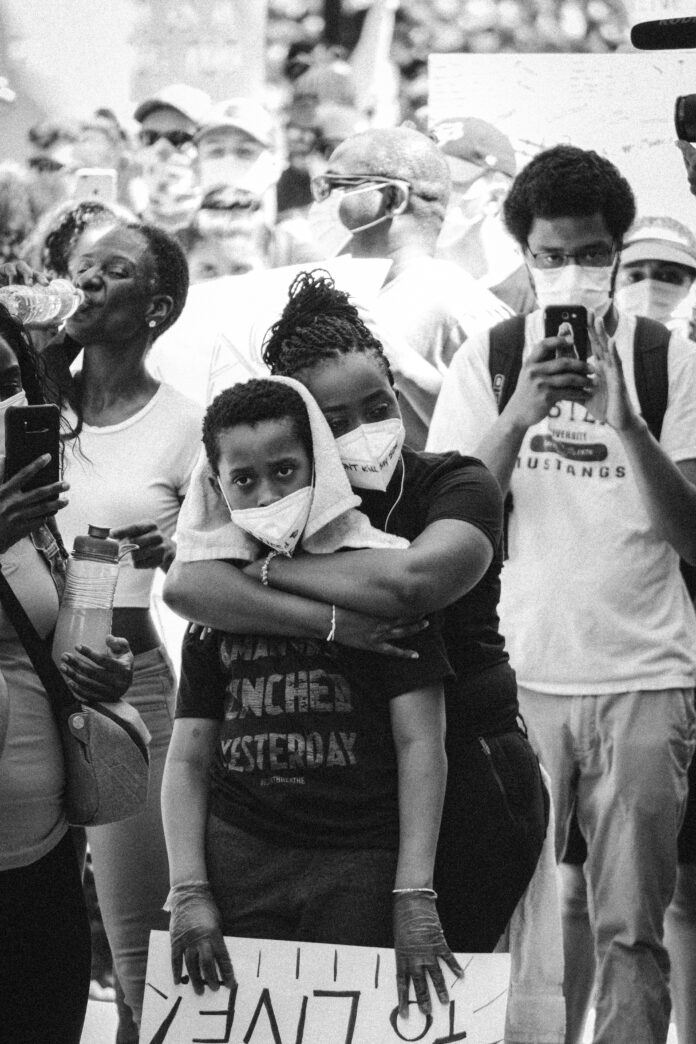Cancer patients, especially newly diagnosed and African American patients, are significantly at risk for COVID-19 infection, hospitalization and mortality, according to a new study published in JAMA Oncology by researchers from Case Western Reserve University School of Medicine and the Case Comprehensive Cancer Center.
Study authors analyzed electronic medical records of 73.4 million patients in the United States to identify high-risk groups of cancer patients based on cancer type and demographic. Even after adjusting for COVID-19 risk factors, cancer patients still showed much higher risk for COVID-19 infection than non-cancer patients. Of 13 common cancers examined, the highest risk of infection was linked to lung cancer, leukemia and lymphoma. Patients diagnosed with cancer in the last year were at higher risk for COVID-19 infection than those with longstanding cancer diagnoses.
“We saw the highest level of risk linked to cancers of the blood, which change the way immune blood cells work,” said Nathan Berger, MD, study co-author and professor at the School of Medicine. “Cancer patients are more likely to get infections due to changes in their immune systems. They also come into contact with many front-line health care workers, which could add to the burden on their already overtaxed immune systems.”
An examination of demographic factors such as age, sex and race found African American patients with cancer were more likely to be infected by COVID-19 than white patients with cancer. The social disparity was observed for all cancer types examined and was largest for breast cancer, followed by prostate, colorectal and lung cancer. Black patients with cancer also had higher hospitalization rates than white patients, however, they were not more likely to die of COVID-19.
These findings align with data that African American individuals are affected by COVID-19 at a disproportionately higher rate than white patients. The disparity was found before and after controlling for COVID-19 risk factors, suggesting other factors were involved that were not captured by the electronic medical records data.
“This profound racial disparity in COVID-19 infection in cancer patients demonstrates that other factors, including access to health care, socioeconomic status and other socially adverse components, may have contributed negatively to the increased risk of COVID-19 susceptibility in African Americans with cancers,” said Rong Xu, PhD, study co-author and professor of Biomedical Informatics and director of the Center of Artificial Intelligence in Drug Discovery at the School of Medicine.
In related work, Xu collaborated with Nora Volkow, MD, director of the National Institute on Drug Abuse, and found that patients with substance use disorders and mental disorders—especially African Americans—were at significantly increased risk for COVID-19 infection.
This study shows the value of using big data to assess emerging clinical issues, said Berger. “If we understand which patients are more at risk for COVID-19 infection,” he said, “we can better monitor them and protect them from infection.”
“We can also better prioritize vaccinations and treatments for vulnerable populations,” Xu said.
Story Credit: Newswise
Photo Credit: Nechirwan Kavian/Unsplash



































